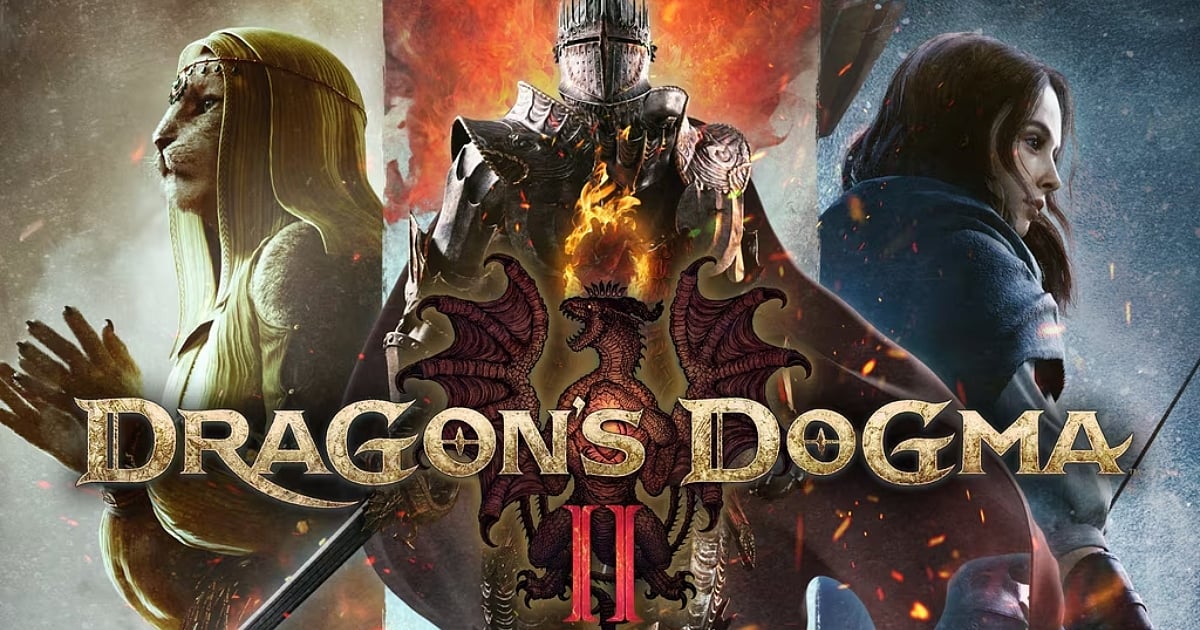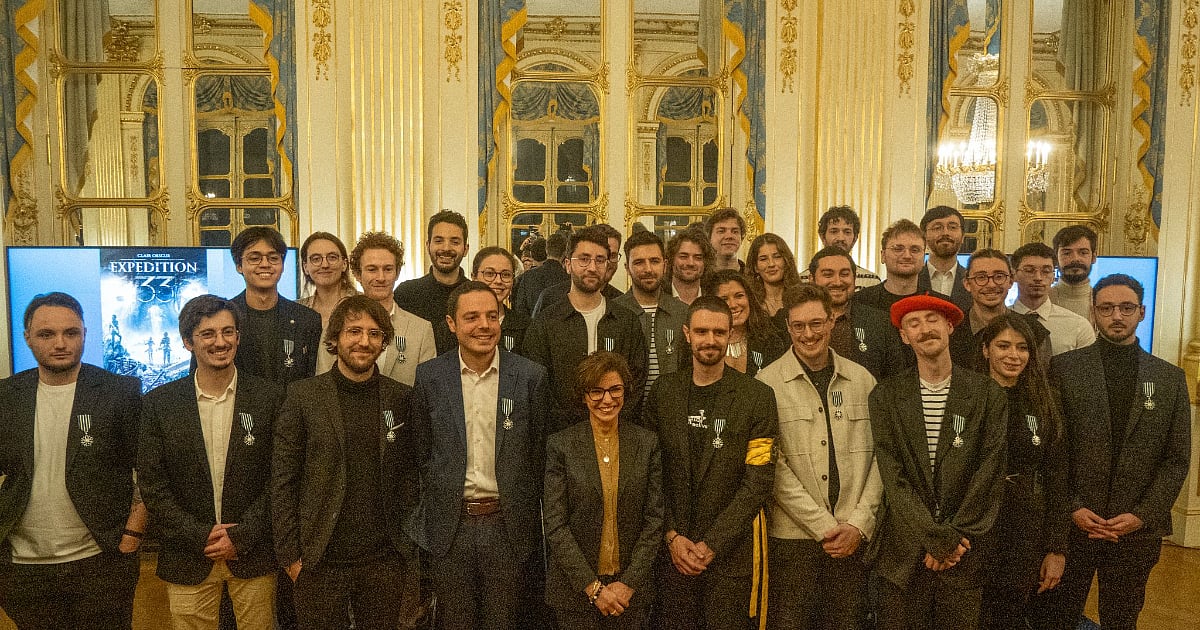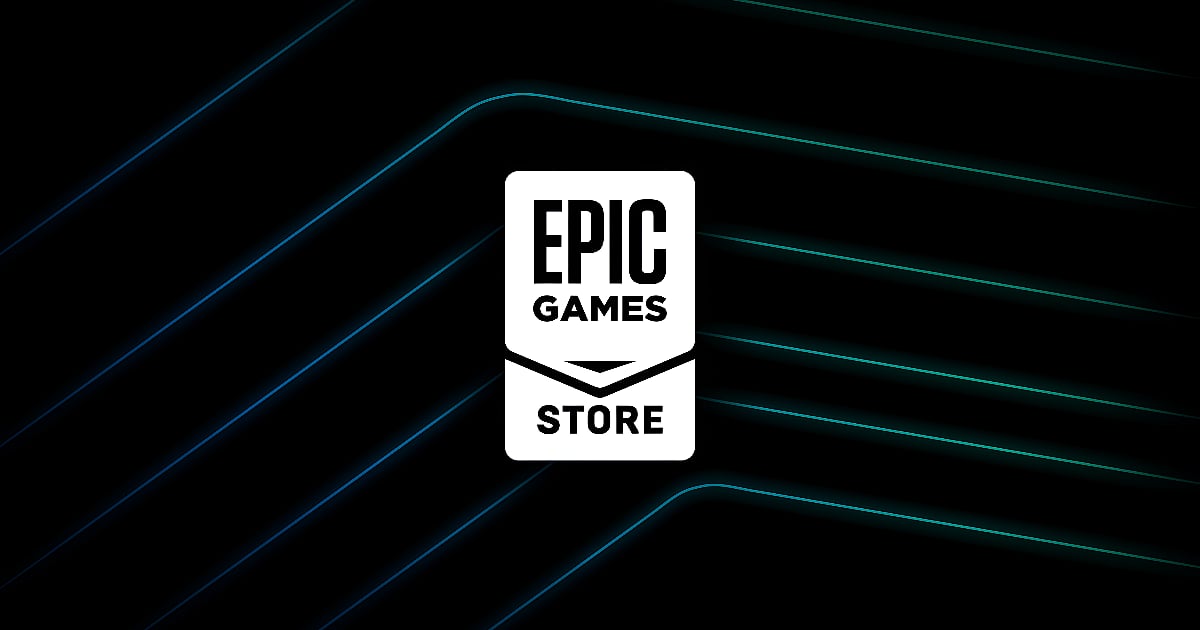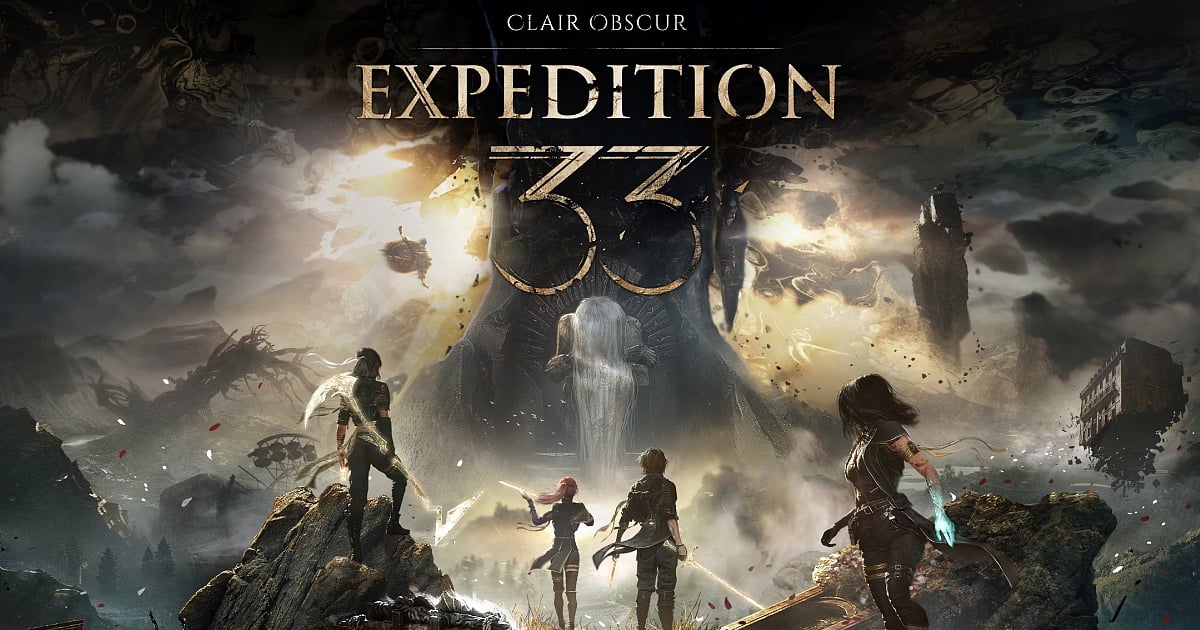
Hype is dead. Trust is the new currency.
Suicide Squad to Skull & Bones: How Hype Bankrupts Studios
The "hype first" model is bankrupting studios. Discover why big budgets and CGI trailers no longer work, and how the business of gaming is shifting to player trust.
Highlights
- Costly marketing campaigns can no longer save mediocre games from financial disaster.
- Authentic gameplay streams have replaced cinematic trailers as the primary driver of sales.
- Investor returns now depend on long-term community trust rather than short-term launch hype.
The golden era where a flashy "Cinematic Trailer" alone could sell millions of video game copies is officially dead. For decades, the gaming industry relied on a predictable and highly profitable formula. Publishers would pour millions of dollars into stunning CGI trailers, purchase prime-time television slots, and generate deafening hype. The goal was simple: bank on "Day One" sales to recoup the investment before players realised the game was broken, boring, or unfinished.
However, as we move through 2024 and 2025, that model has not merely shown cracks—it has completely collapsed, causing catastrophic financial failures that are reshaping the entire business of gaming.
From a business perspective, the industry has hit a massive wall. "User Acquisition" (UA) costs are skyrocketing while player trust is at an all-time low. The modern gamer rarely pre-orders based on a Super Bowl ad anymore. Instead, they wait for the "Overwhelmingly Positive" tag on Steam, a transparent breakdown from a trusted streamer, or a word-of-mouth recommendation from their Discord community.
The market has evolved into a complex ecosystem where product quality and community engagement drive revenue, proving that the old business model of "hype first, fix later" is failing.
The High Cost of Empty Promises
The most brutal examples of marketing failing to save a product are the recent financial disasters that have rocked the industry. Sony’s Concord serves as a grim 400 million dollar lesson. Industry estimates suggest the total investment, including studio acquisition and development, ranged between 200 million and 400 million dollars. The game had the full backing of the massive PlayStation marketing machine, a polished reveal trailer, and high production values.
Yet, it was taken offline just weeks after launch because no amount of advertising could fix a fundamental lack of interest. The business failure here wasn't a lack of awareness; it was a lack of "product-market fit". Marketing bought eyeballs, but it could not buy player retention in a market fatigued by generic live-service models.
Similarly, Warner Bros. faced a harsh reality with Suicide Squad: Kill the Justice League. Despite utilising massive intellectual property and a global marketing blitz, the game’s failure contributed to a 200 million hit to the company’s revenue.
Another notable example is Ubisoft’s Skull and Bones. Marketed as the world’s first "AAAA" game with years of hype, it failed to capture a significant audience upon release, proving that a higher marketing budget does not equate to a better game. These cases prove that while hype can bring a temporary spike in revenue, without substance, it leads to rapid backlash and financial losses.

Suicide Squad: Kill the Justice League
The "Streamer Test" and the End of the Embargo
One of the biggest shifts in the industry is the transfer of power from traditional advertising to influencers and content creators. A 30-second CGI trailer can hide bad gameplay, but a live stream cannot. Today, a game’s success often hinges on the "Streamer Test". When major streamers like Asmongold, Shroud, or xQc play a game live, millions of viewers see the raw, unedited reality of the product.
Take Dragon’s Dogma 2 or Black Myth: Wukong as examples. Their success wasn't just due to trailers; it was driven by streamers showcasing the depth of the combat and the fun factor in real time. Conversely, when streamers encounter bugs or boring loops, as seen with the lukewarm reception to Starfield's exploration mechanics, the hype deflates instantly.
If a streamer like Asmongold criticises a game’s monetization or performance, that clip goes viral, often doing more damage to sales than any negative review score. The modern player trusts a streamer they watch every day more than a faceless corporate trailer.
The "Trust Deficit" and Solvency Issues
In the past, misleading marketing was merely a Public Relations issue, but today it’s a solvency issue that can bankrupt a studio. The Day Before stands as a grim case study where developers used "embellished marketing" and scripted, fake gameplay to generate millions of wishlists. When the reality of the game was revealed, the collapse was instant, and the studio shut down days after launch. This scenario has created a "Trust Deficit" for the entire industry.
This skepticism even affects major studios. CD Projekt Red’s Cyberpunk 2077 serves as a historical warning. While immense marketing buildup led to high initial sales, the widespread dissatisfaction due to bugs led to reputational damage that took years and millions of dollars to repair.
Players have been burned so many times that they now view polished marketing materials with skepticism. A trailer is no longer viewed as a proof of concept but often as an advertisement for a product that might not actually exist.

PlayStation
Financial Logic: Community Over Commercials
One of the most compelling business arguments for shifting away from traditional hype is simple mathematics regarding Return on Investment (ROI). A 30-second ad spot during the Super Bowl costs approximately 7 million to 8 million dollars. That single window buys mass awareness, but it offers zero engagement. For the price of just one Super Bowl ad, a studio could fund an entire team of senior Community Managers for a decade.
Games like Fortnite, Among Us, and the indie sensation Lethal Company saw substantial success not by buying prime-time TV spots, but by cultivating vibrant player communities. In the modern landscape, a healthy Discord server is a more valuable business asset than a television commercial because it drives organic retention.
Helldivers 2 is the blueprint for this future. It did not have the marketing budget of Call of Duty, but it relied on a strategy where the CEO engaged directly with players on social media, transparently discussing bugs and server issues. This "human touch" created a narrative that the developers were in the trenches with the players, resulting in a viral loop that cost zero dollars in ad spend but generated millions in revenue.

PlayStation
The Rise of Early Access and "Honest" Launches
To combat the trust deficit, smart developers are pivoting to Early Access models. Baldur’s Gate 3 and Palworld didn't need cinematic trickery because they allowed players to experience the game during development. By the time Baldur’s Gate 3 officially launched, the community already knew it was a masterpiece. This stands in stark contrast to the "Review Embargo" culture, where publishers hide the game until the last possible second.
The business of video games has shifted from a "Launch Business" to a "Retention Business." Hype is a short-term loan with high interest, while community trust is long-term equity. For executives and investors, the data suggests a necessary pivot.
Instead of pouring millions into a marketing campaign to hide a mediocre game, the smart money is on funding unique gameplay and empowering community teams. In 2025, you cannot hype your way into a player’s wallet; you have to earn your way in, one honest interaction at a time.

Author
Krishna Goswami is a content writer at Outlook India, where she delves into the vibrant worlds of pop culture, gaming, and esports. A graduate of the Indian Institute of Mass Communication (IIMC) with a PG Diploma in English Journalism, she brings a strong journalistic foundation to her work. Her prior newsroom experience equips her to deliver sharp, insightful, and engaging content on the latest trends in the digital world.
Krishna Goswami is a content writer at Outlook India, where she delves into the vibrant worlds of pop culture, gaming, and esports. A graduate of the Indian Institute of Mass Communication (IIMC) with a PG Diploma in English Journalism, she brings a strong journalistic foundation to her work. Her prior newsroom experience equips her to deliver sharp, insightful, and engaging content on the latest trends in the digital world.
Related Articles







